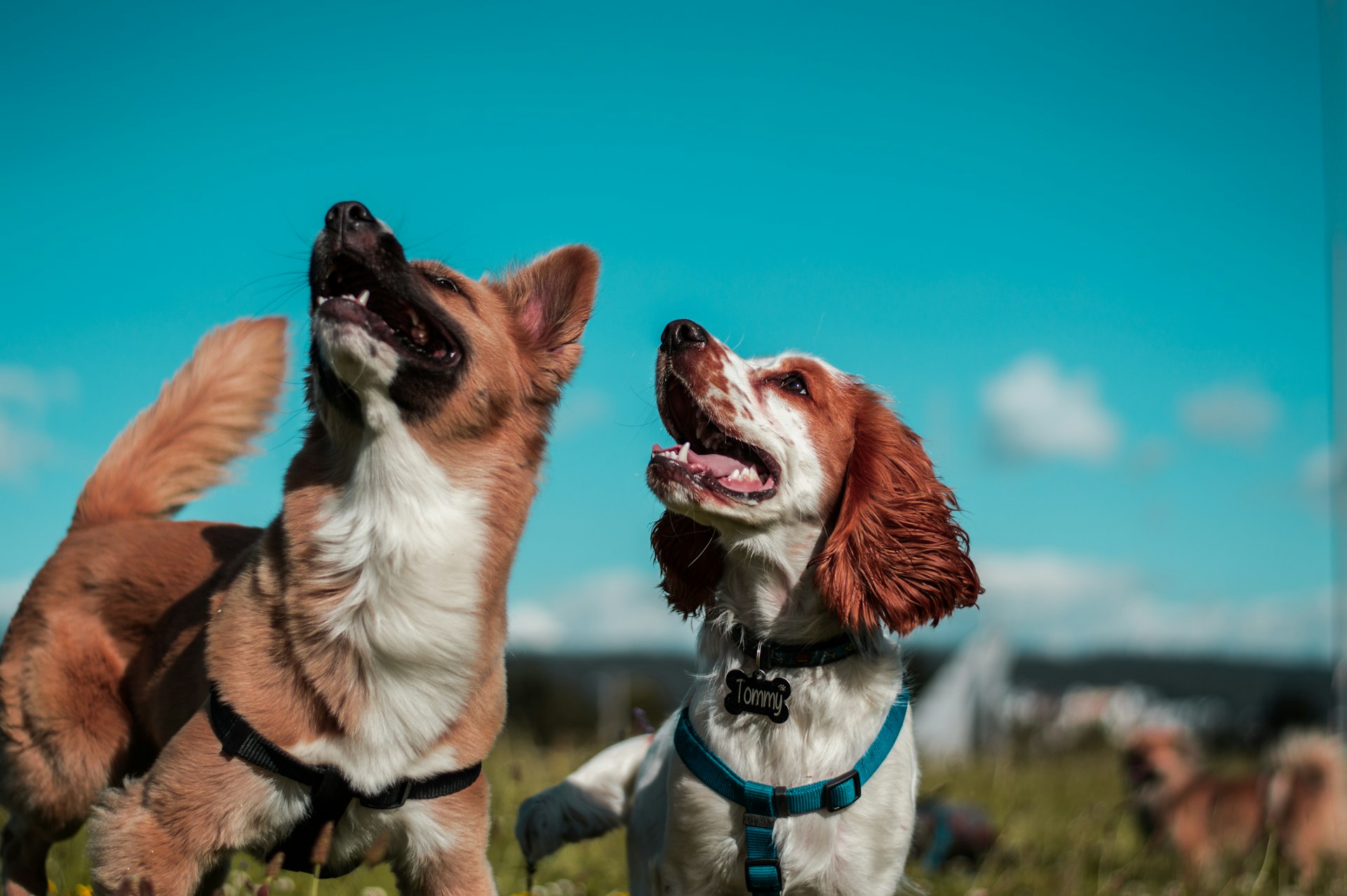
16 May Understanding Dental Caries: Can Dogs and Cats Get Cavities?
Dental caries, commonly called cavities, are a common concern in human dentistry. Dental caries is the breakdown of the hard tissue of a tooth due to acids produced by bacteria. Dental plaque is a film of bacteria and other substances on the teeth. Caries occur when acids formed by the bacteria cause erosion of the enamel (the hard outer shell of the tooth). As things progress, the erosion can move deeper and deeper and eventually affect the nerve and blood supply (the dental pulp).
Some risk factors for caries in people include overeating sugary or high-carbohydrate foods such as milk, soda, hard candy, or ice cream, frequent sipping of sugary drinks, not brushing teeth well, not getting enough fluoride, dry mouth, heartburn, and eating disorders. Tooth location can also affect caries development, as the molar and premolar teeth are more likely to be affected. These teeth have grooves and pits which collect plaque and are harder to keep clean than the easy-to-reach front teeth (canines and incisors).
Do dogs and cats get cavities too?
Dogs do! Carnivores, like cats, virtually never get caries. This is because they eat diets that are lower in carbohydrates, have a higher salivary pH, and have larger spaces between their teeth, resulting in less accumulation of plaque and tartar in high-risk areas. Dental caries do occur in dogs, but they are relatively rare. One study showed that caries have an incidence of about 5% in dogs. Like people, dogs with xerostomia (better known as dry mouth) are at an increased risk for dental caries. Dogs that eat a diet relatively high in sugars and carbohydrates (such as human favorites like bread, fruit, or honey) are also more likely to be affected. Just like in people, caries are most likely to be found in the premolar and molar teeth in dogs.
What is the treatment for dental caries in dogs?
The treatment for dental caries in dogs is very similar to the treatment for humans with the same condition. Caries that are diagnosed early enough can often be treated with a restoration where the diseased tooth material is removed and the cavity is filled with a restorative material – this is colloquially called a filling! More severe cases that have pulp involvement require more significant treatment – either root canal treatment or extraction. These are the same treatments used when the pulp is exposed by other methods such as a fractured tooth.
Dental Treatment for Dogs and Cats in Fort Collins
If you notice your dog has any signs of dental caries or your pet is experiencing other mouth problems, please don’t hesitate to give us a call. The team at Animal Dental Care & Oral Surgery provides comprehensive dental care to dogs and cats near Fort Collins. We’ll help ensure your pet maintains a healthy, pain-free smile.
Images used under creative commons license – commercial use (5/16/2024). Photo by Camilo Fierro on Unsplash



